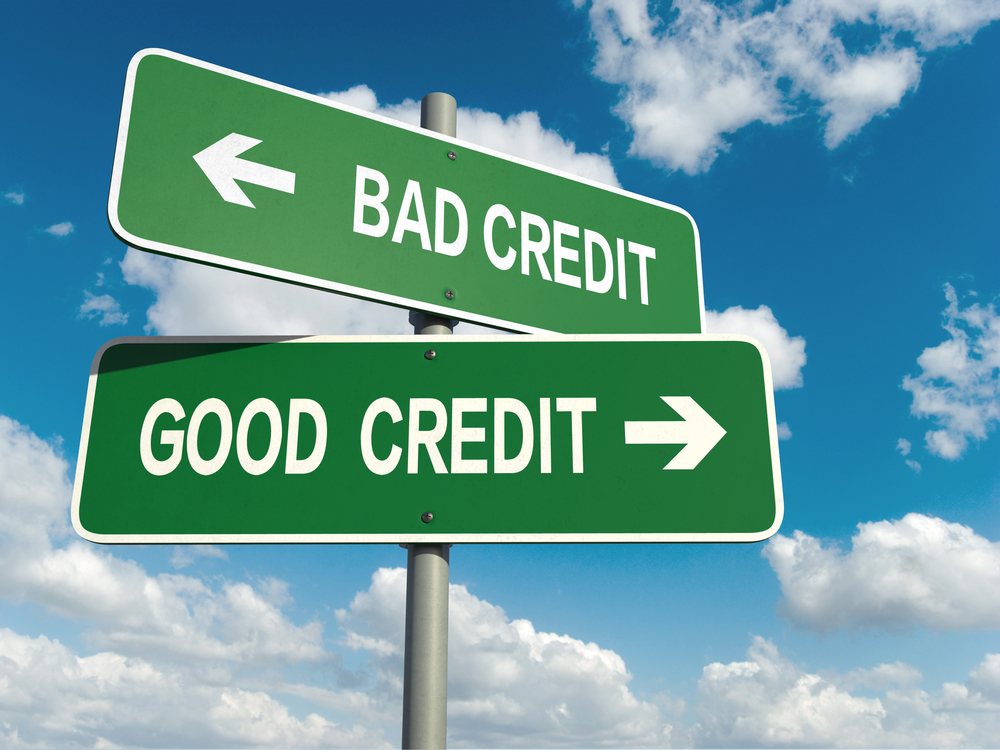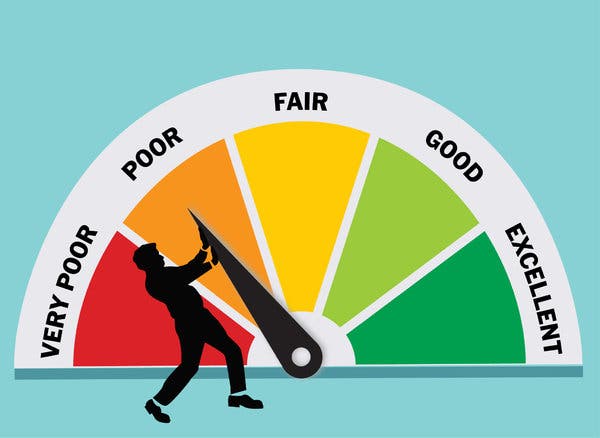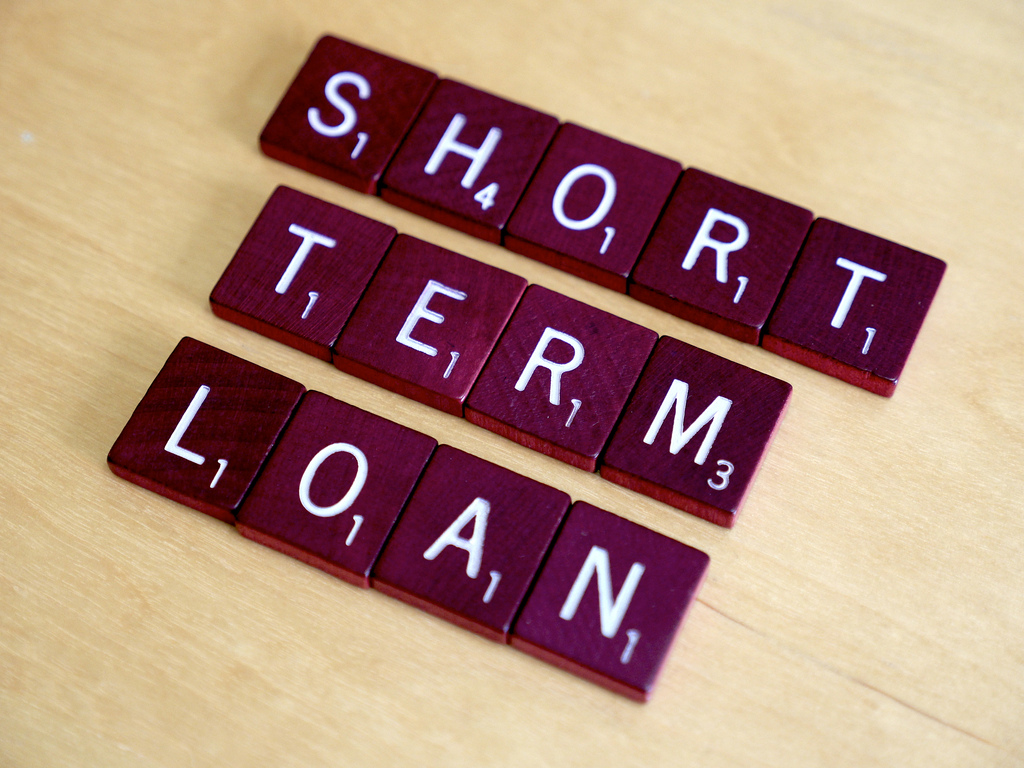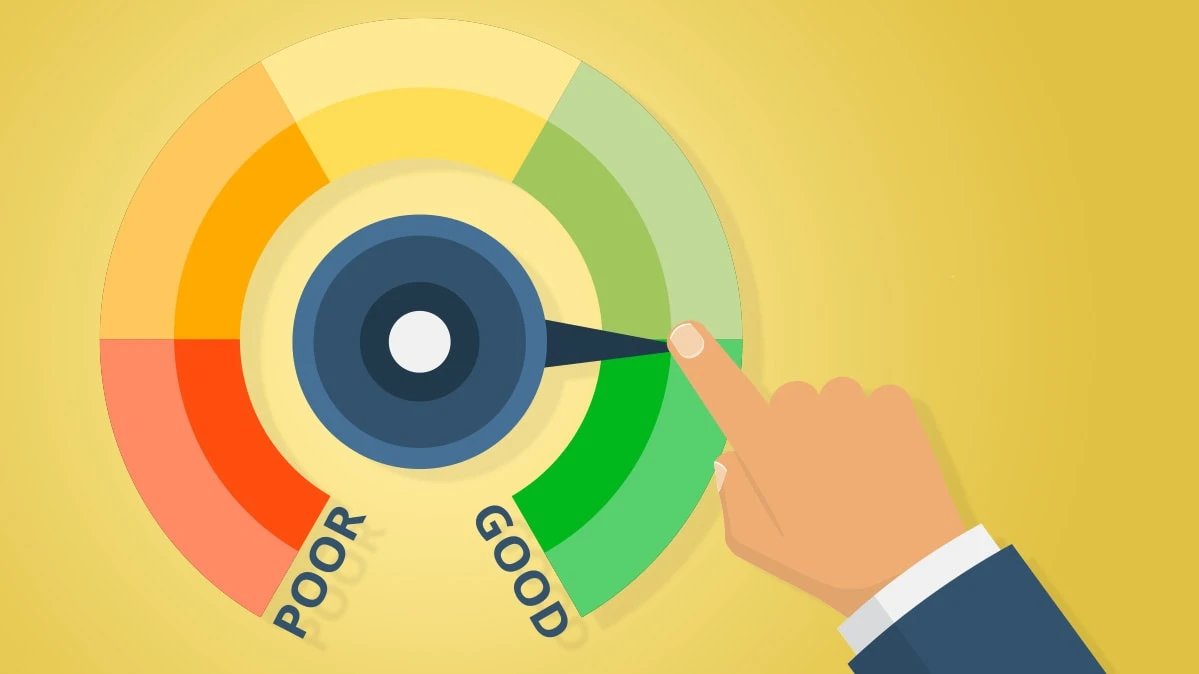A good credit score is crucial to helping you gain financial freedom. Unfortunately, not everyone understands how this financial concept works and the role it plays in ultimately achieving a financially stable life. It is important that you arm yourself with handy information about credit scores and keep in mind why you should improve yours.
Do you want a direct lender loan? If so, apply today with Perfect Payday and we will introduce you to a lender willing to let you borrow money. Submit your application today for a quick decision.
Read on to know what constitutes a good credit score, how you can check and improve your own, and why you should work on getting your credit score above the below-average threshold to make a positive impact on your financial freedom.
What’s a good credit score?
Credit reporting agencies in Australia use the same band descriptors in order to evaluate your credit rating. Different agencies, however, use different scales in checking a credit rating: they may either use a scale of 0 to 1,000 or 0 to 1,200.
Credit reporting agency Equifax, for instance, use the 0 to 1,200 scale when making a credit rating check. Experian and illion, on the other hand, check a credit rating using a scale of 0 to 1,000. No matter the scale method, this process is utilized to let you know where your credit rating currently stands.
Below outlines how some credit reporting agencies in Australia evaluate credit ratings.
| Credit Band Descriptor |
Equifax |
Experian |
illion |
| Excellent |
833 to 1,200 |
800 to 1,000 |
800 to 1,000 |
| Very Good |
726 to 832 |
700 to 799 |
700 to 799 |
| Good |
622 to 725 |
625 to 699 |
500 to 699 |
| Fair or Average |
510 to 621 |
550 to 624 |
300 to 499 |
| Weal or Below Average |
0 to 509 |
0 to 549 |
0 to 299 |
The band descriptors are pretty self-explanatory: when you find yourself with a credit score that lies between 0 to 299, 0 to 509, or 0 to 549, this means your credit rating is weak. Meanwhile, a credit score of between 800 to 1,000 or 833 to 1,200 is an excellent credit rating.
Simply put, a high credit score is a good position to be when you want to improve your financial situation. If you’re under this threshold, no need to worry. There are ways you can adopt to improve your credit score. The first thing to do, however, is to know how you can check your credit score in order to know if you need to improve it or not.
Simple steps to checking your credit score
Here’s how you can simply check your credit score if you’re living in Australia:
- You can visit the website of any credit reporting agency to have your credit score checked. You may file your enquiry at any of these credit reporting agencies: Equifax, Experian, or illion (also known as Dun and Bradstreet). These are some of Australia’s top credit reporting agencies, so most credit score enquiries are filed with them.
- You can also visit other websites to have a quick credit score check. There are websites that provide a free credit score check online, which is an ideal move when you want to know yours in an instant.
- To know which option suits you best, you can also check sites online for complete details on how you can go about checking your credit score securely.
Tips to improving your credit score
No matter which option you choose, know that it will serve you well to have your credit score checked by different credit reporting agencies. This way, you will gain more knowledge about your credit score and how it impacts your financial situation.
Whether you’re above or below the credit band descriptor, there’s always room to improve your credit score. Below are some ways you can do:
- Change your financial habits
Achieving a good credit score starts with acknowledging that you need to alter your financial habits and start and maintain a good one. This means being more responsible on how you spend as well as handle your loans.
You can start with adopting a habit of paying your bills on time. This way, you don’t have to deal with interests or additional charges on late payments.
As much as possible, make good on your promise of paying your outstanding personal loans or any credit card balances. On-time payments on these obligations will keep you from making repayments later.
Finally, avoid availing yourself of other loan or credit card applications – even if opportunity presents itself. You don’t want to deal with paying off more loans than you can ever handle.
- Make a habit of checking your credit score
Having your credit score checked regularly will let you know how you can further improve your financial situation. When you know where your stand financially, it is easier to adopt more ways on how you can adjust your spending.
- Arm yourself with more financial information
Good thing we’re in the age of information where everything can be accessed with just a few clicks on your laptop or mobile phone. Take advantage of financial information offered online to give you more tips on how you can improve your financial situation.
What a good credit score can do for you
All the financial information you want to know about improving your credit score ultimately boils down to achieving one thing: gaining financial freedom. It might seem too daunting a task to attain, but nothing is too impossible to achieve when you know the benefits outweigh the disadvantages.
A high credit score can impact your life in more ways than one. Below are just a few of the advantages of having a good credit score:
- You have the upper hand when negotiating a loan
A good credit score can give you more negotiating power when discussing the terms of a no credit check loan. When a bank you applied a loan or credit card with sees your credit history, it will be easier to get their approval or negotiate the terms of your application, as they see from your financial record that you are a responsible payer.
The high credit score you possess serves as your influencing power. You can persuade or haggle your way into getting the loan or credit card terms you want simply because you know – and the bank knows – you can pay for your financial obligations on time.
As you have the upper hand, your confidence also increases. If for any reason the payment terms you demand cannot be agreed to by the bank, you can simply tell them off that you can get a better deal in another. You walk away with confidence, knowing that you possess the power and that any bank doesn’t have a hold on you anymore.
- You can get a better job position
This holds water when you are applying for a position in the financial industry. With a good credit score, your prospective employer will see that you can be trusted with handling finance-related concerns, due to your outstanding credit history.
A high credit score serves as a character reference of sorts when applying for any other employment. A future employer may use this information as a consideration when gauging your suitability for the job position you desire. A quick check from your former boss is all it takes for a future employer to know that you can be trusted to handle a delicate position and thus the most qualified amongst other candidates.
The credit score you possess reflects your being financially responsible. In cases where you need to change jobs, a good credit score is not only your bargaining chip but a testament to your credibility as an employee and integrity as an individual.
- You can move to a new place with ease
When you find yourself on the hunt for a new house or apartment to rent in the city, a good credit score can help you get the place you desire. Landlords may refer to your high credit score as reason enough to award you the house or apartment you want to rent.
If you need to borrow money and have nowhere else to turn, consider getting an instant cash loan from Perfect Payday. You receive a quick decision on your loan after submitting an application that only takes minutes to complete.
A good credit score is your edge over any other individuals who also want that rental. When you’re at the other side of the spectrum, there’s no way any landlord would trust you when they see that you have a bad credit history, as you more or less may also have a tendency of not paying your rent regularly.
This is the last thing you will ever want when you badly need that strategically located apartment you’ve been eyeing. That is why you need to keep your credit score within the above-average range in order to gain the trust of a prospective landlord.
- You get better rates on home loans
When you get to a point where you’re ready to buy your own home, your good credit score can serve as your negotiating power when getting a home loan approval from a bank. No bank will give its approval when they see you have a bad history of borrowing.
Banks are very strict when it comes to credit scores. A bad credit record is all it takes to turn down something as simple as a personal loan. For something as big as a home loan, trust that you will never ever get bank approval for it when you walk around with that bad credit record on your name.
So, with a good credit score, bank loans may be acquired easily. On top of this, it may also give you the upper hand when negotiating the terms of your home loan. You can easily refer to your good credit standing when discussing with the bank about your credibility as payer.
- You can get cheaper rates on utilities
A good credit score is also important when seeking the approval of utility companies. They may refer to your credit record to check if you are capable of making regular payments. A single bad record, such as late payments, may force a utility company to ask for a deposit from you to make sure you’re a risk worth taking.
Such additional cost is the last thing you want when sorting your utilities. Maintaining a good credit score is then important in order to avoid shouldering any additional expenses in the future.
- You get better payment terms on insurance
A high credit score can give you bragging rights when availing yourself of insurance. It will be easier for insurance companies to assess if you deserve better rates on your insurance, once they see your history of responsible paying.
Insurance these days doesn’t come cheap, which is why you need all the bargaining power you can get to get the best deal. A good credit score can give you lower insurance rates, which not only saves you money but also ensures that your future is protected without putting a dent on your wallet.
With all these benefits of having a good credit score, it becomes much easier now to choose the path of repairing your credit score. Once you move from a bad credit score to an excellent one, keep in mind that you need to maintain that standing as it affects many aspects of your life.
A useful tip to get your finances going
As you work on improving your credit score, inevitable situations may happen along the way which may need you to ask for financial help. A quick loan is, of course, the best solution you can think of, but you may be hesitating to avail yourself of one due to your unimpressive credit score.
Know that there are lending companies that can help you during your time of need. While checking your credit score is a requirement, think of this as part of any lending company’s standard practices.
To be qualified for a short-term loan, the standard requirements include: (1) Being of legal age (18 years old or over); (2) A regular income for at least the past 90 days that you receive via a personal bank account; and (3) A valid contact number.
Once you meet all these requirements, you can visit a reputable lending company’s website to file for loan application. While you’re at it, you may want to use their loan calculator to check if you’re qualified based on the payment term you choose.
While you’re applying for a loan online, remember to check out helpful information on how you can sort your finances and improve your credit score. The first step to getting financial freedom is keeping yourself informed about how you can efficiently handle your financial obligations and ultimately, be responsible about money.




